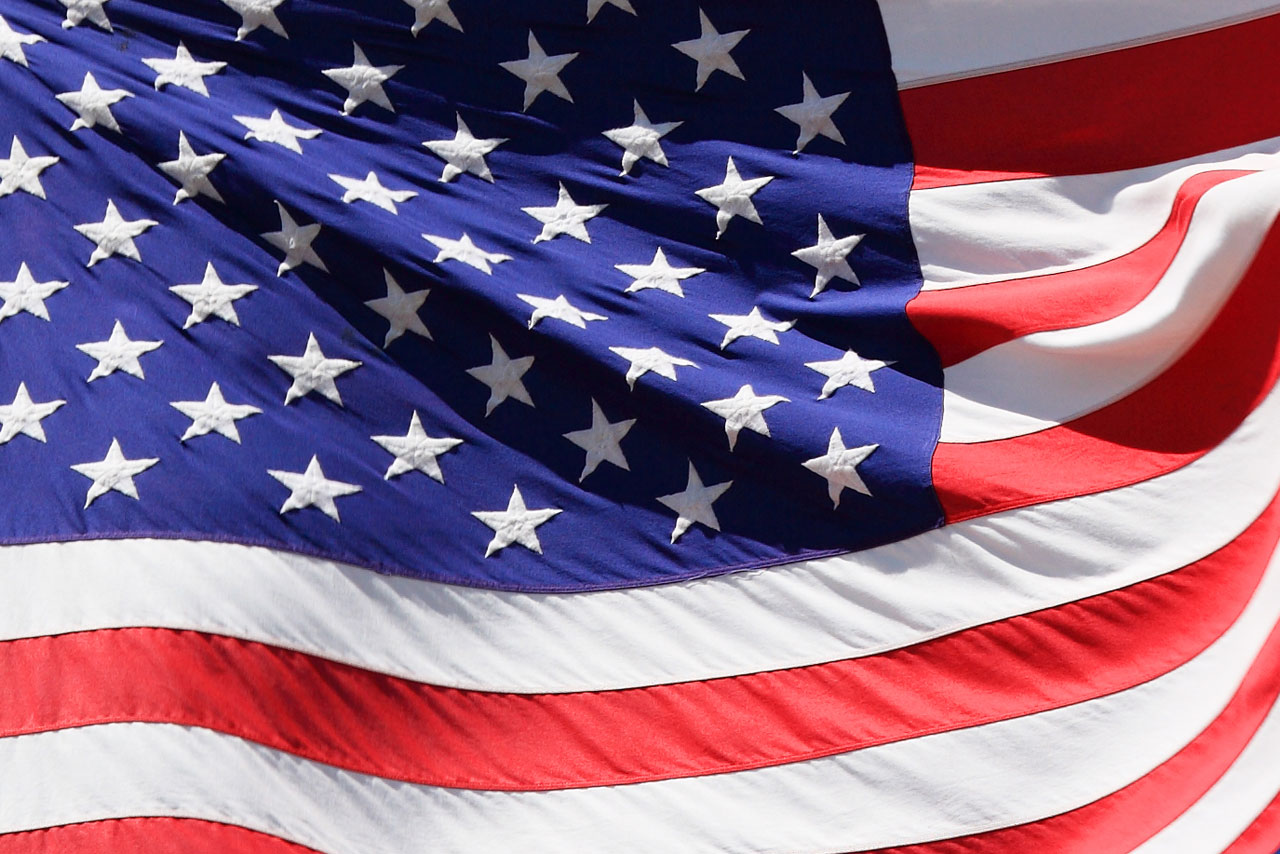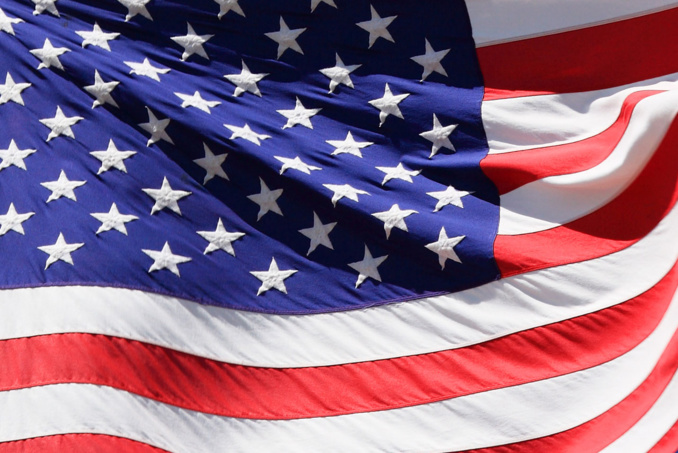The timing of the investigation is not yet clear. The agency notes that Washington can introduce duties on the import of uranium to protect companies Energy Fuels and Ur-Energy, as well as other American manufacturers. In January, management of the two corporations appealed to the US Department of Commerce, asking them to explore a possibility of their protection in competition with state concerns in countries such as Russia, Kazakhstan and Uzbekistan, Bloomberg further points out.
The possibility of trade restrictions for the sake of national security
At the same time, uranium producers referred to article 232 of the Trade Expansion Act of 1962, which allows the US president to establish trade restrictions with other countries in order to protect the interests of national security.
"There are no uniform rules on the global uranium market, which creates a real risk for the country, as we increasingly depend on these state-owned companies that obviously have different global strategic goals than we do," said the Energy Fuels’ CEO Paul Goranson.
The Ministry of Trade declined to officially comment in response to Bloomberg's request.
In June, Trade Minister Wilbur Ross told the Senate Finance Committee that he would make a decision on uranium "very soon." "The situation is complicated by some previous agreements that are in force, but we are now streamlining them and will come to a solution very, very quickly," he said.
The main sources of imported uranium for the US are Canada and Kazakhstan. Each of these countries accounts for about a quarter of the total supply. They are followed by Australia, Russia and Uzbekistan, according to the US Energy Information Administration. The governmental agency reports that almost 90% of the uranium used at the US nuclear power plants was supplied from abroad in 2016.
In November, Attorney General Jeff Sessions instructed senior prosecutors to examine the need for a special investigation into former Secretary of State Hillary Clinton because of the so-called uranium deal with Russia. He also ordered "to assess some aspects" of the activities of the Clinton Foundation and the transaction for the purchase of Uranium One by the structures of Russian company Rosatom.
source: bloomberg.com
The possibility of trade restrictions for the sake of national security
At the same time, uranium producers referred to article 232 of the Trade Expansion Act of 1962, which allows the US president to establish trade restrictions with other countries in order to protect the interests of national security.
"There are no uniform rules on the global uranium market, which creates a real risk for the country, as we increasingly depend on these state-owned companies that obviously have different global strategic goals than we do," said the Energy Fuels’ CEO Paul Goranson.
The Ministry of Trade declined to officially comment in response to Bloomberg's request.
In June, Trade Minister Wilbur Ross told the Senate Finance Committee that he would make a decision on uranium "very soon." "The situation is complicated by some previous agreements that are in force, but we are now streamlining them and will come to a solution very, very quickly," he said.
The main sources of imported uranium for the US are Canada and Kazakhstan. Each of these countries accounts for about a quarter of the total supply. They are followed by Australia, Russia and Uzbekistan, according to the US Energy Information Administration. The governmental agency reports that almost 90% of the uranium used at the US nuclear power plants was supplied from abroad in 2016.
In November, Attorney General Jeff Sessions instructed senior prosecutors to examine the need for a special investigation into former Secretary of State Hillary Clinton because of the so-called uranium deal with Russia. He also ordered "to assess some aspects" of the activities of the Clinton Foundation and the transaction for the purchase of Uranium One by the structures of Russian company Rosatom.
source: bloomberg.com



















